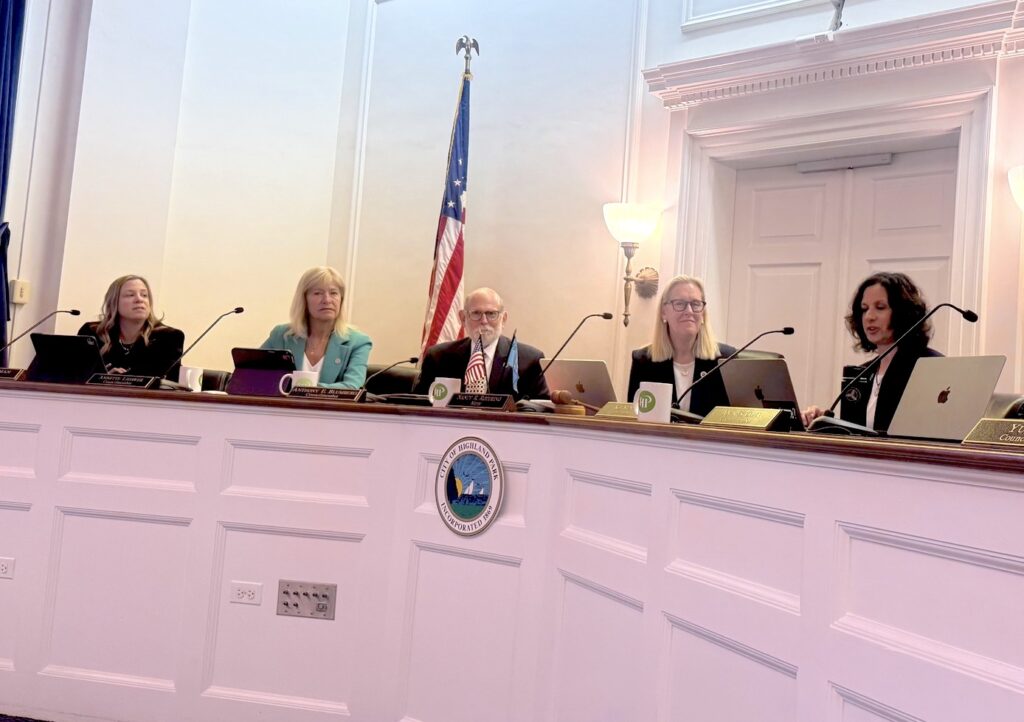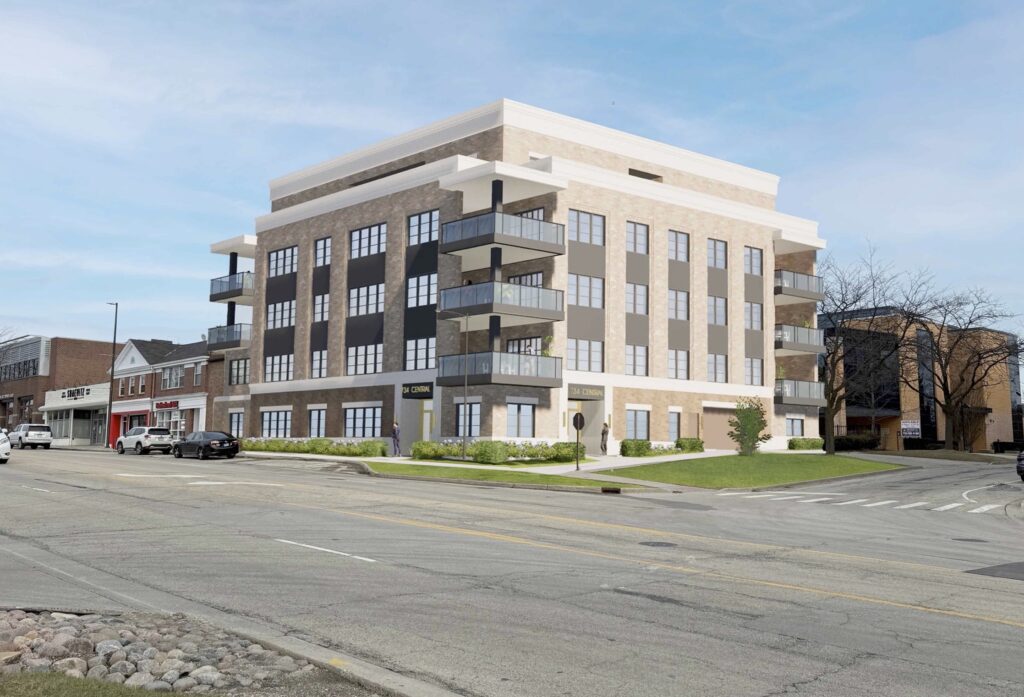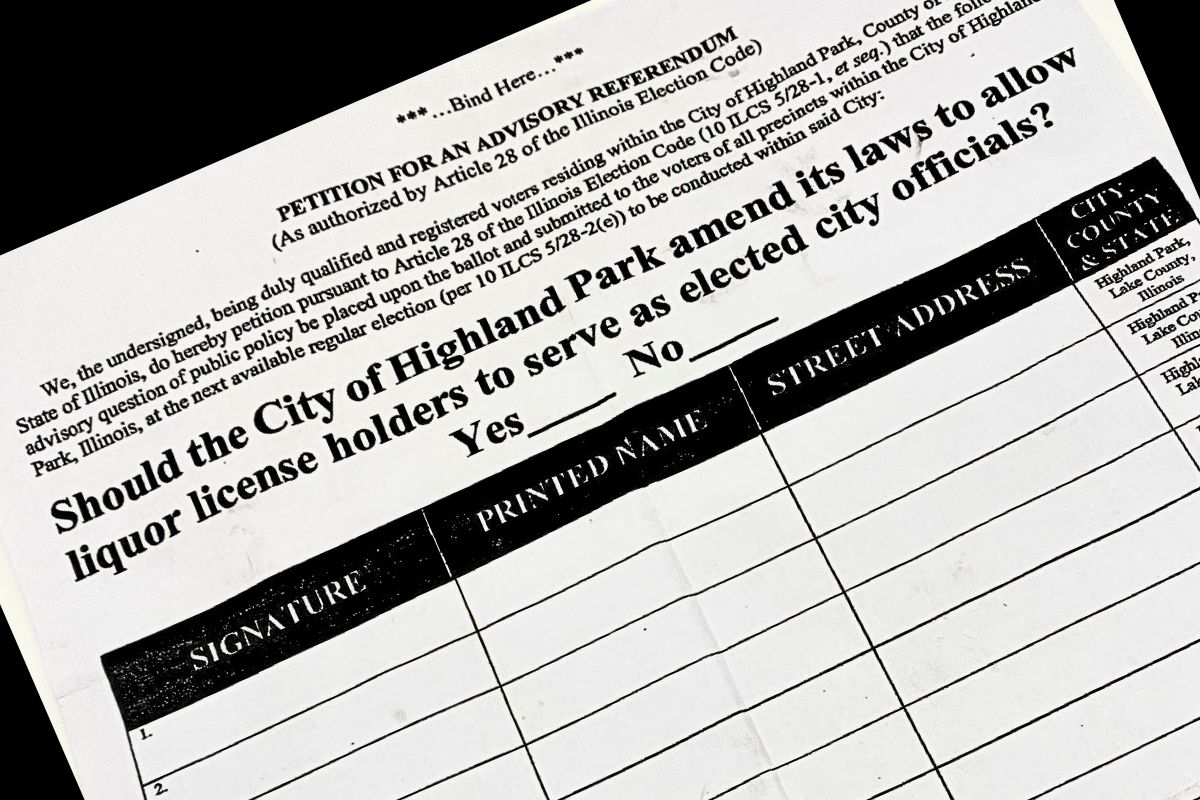
Highland Park residents take matters into their own hands on liquor-license debate
Petition with more than 2,500 could get advisory question on November ballot
Highland Park residents want to be heard.
For months, factions of the Highland Park community have been at odds amid the absence and eventual resignation of Jeff Hoobler, a former councilmember who also held a liquor license — a violation of municipal code.
Since his departure from the council, Highland Park residents have continued the fight to change the municipal code and are pursuing an opportunity to add an advisory referendum to the upcoming ballot. Within two weeks, a petition has garnered more than 2,500 signatures, well over the 1,400 needed.
“We felt it was in the best interest of the City of Highland Park to take this to the public and let them make the decision for the City Council,” Hoobler said.
Irwin Bernstein, a Highland Park resident, initiated this petition as outlined under Article 28 Section 10 of Illinois Compiled Statutes. The petition, which included the necessary amount of signatures, was submitted to the Lake County Clerk’s Office on Monday, Aug. 5, yet there are still hurdles to conquer.
Over the next month, the referendum will be open to objections, which must be filed to the City of Highland Park before Monday, Aug. 12. Any objections will be submitted to the electoral board for review. If there are no objections or the objections are found invalid, the referendum will land on the November ballot.
Highland Park Mayor Nancy Rotering declined to comment on the petition for this story. It is not clear if the city will file an objection to the petition.
If the advisory referendum appears on the ballot in Highland Park, it will ask residents if the City of Highland Park should amend its law to allow liquor license holders to serve as elected officials.
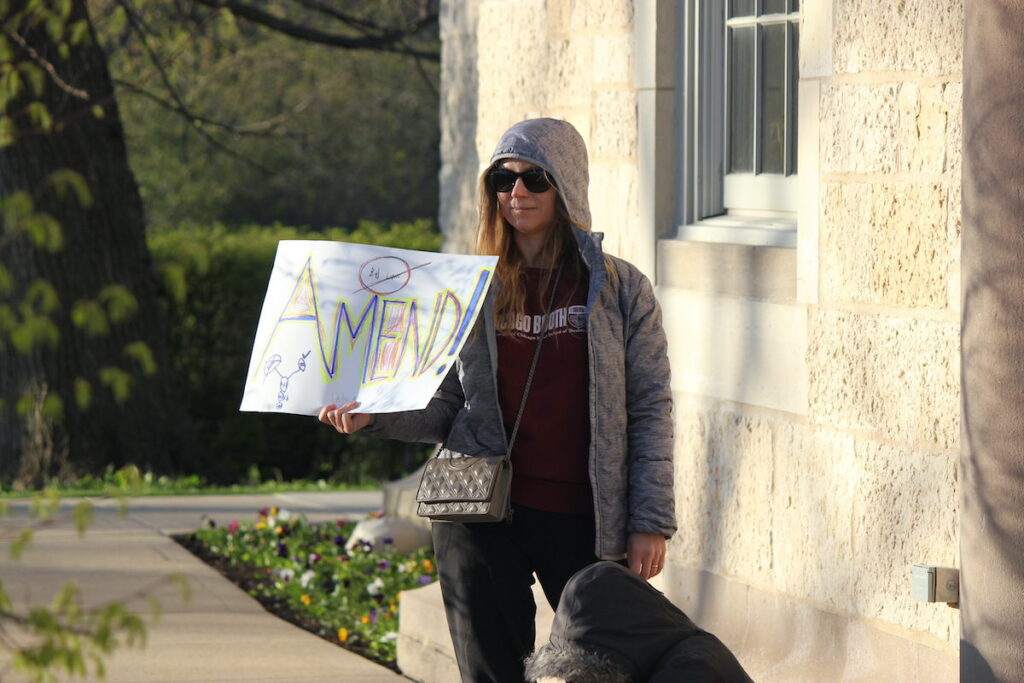
An advisory referendum is meant to gauge the community’s stance on an issue. It is not binding nor does it require any action from the City Council.
Bernstein also started Move Highland Park Forward, a platform for information regarding the issue and the petition. He said he’s also begun an effort with the Illinois State Board of Elections to make a Political Action Committee under the name Highland Park Forward.
He admits that he does not have much at stake in the issue; however, as a father and grandfather, he does see the future of Highland Park as the driving factor behind his push.
“I don’t hold a liquor license; I don’t wanna run for public office,” he said. “I want to see the participation of everyone in the city in our government. I want to make sure voters’ opinions matter, and most importantly, I want to see Highland Park thrive for my children and grandchildren.”
Where it began
The petition comes after months of conflict on the council and within the community. In a January meeting, the Highland Park City Council discussed liquor licensing laws. As reported by The Record, newly elected Councilmember Jeff Hoobler neglected to recuse himself from the discussion.
After this meeting, Highland Park officials apparently were reminded of its liquor-license statute and Hoobler — the well-known co-owner of Ravinia Brewing Company — had violated the prohibition of elected officials holding liquor licenses.
The provision, based on the post-Prohibition Liquor Control Act, was seemingly neglected when Hoobler was sworn in. The City has acknowledged the mistake, but officials then discussed whether the statute was still important and necessary. In a February meeting, Councilmember Annette Lidawer proposed a motion to amend the code but failed to get a majority vote.
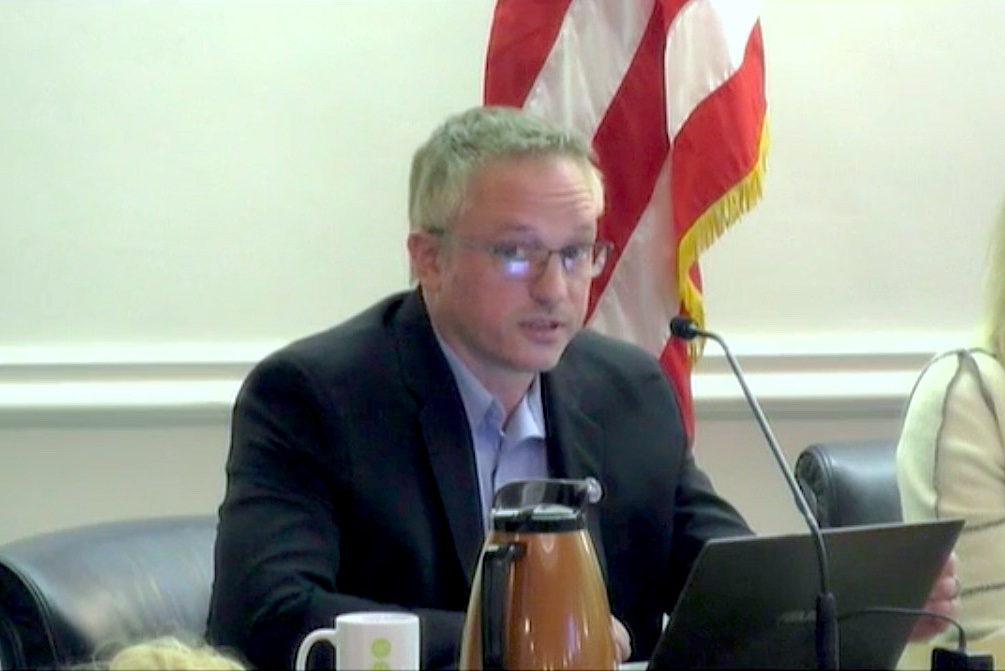
Councilmember Lidawer was joined by Yumi Ross and Andrés Tapia to support changing the code.
“I will not be a part of a vote to keep a useless ordinance that is not consistent with the state law and which discriminates against people in certain vocations, but not others, from being able to hold office for no public policy and no compelling reason,” Lidawer said during her statement.
Mayor Nancy Rotering and Councilmembers Anthony Blumberg and Kim Stone dissented. Blumberg called the issue “personality politics” and leaned on his previous experience recusing himself from conversations when justifying his position.
“Could this be resolved by a change in the law? Sure,” Mayor Rotering said during her statement. “But if we respond to the liquor law by changing the law, particularly for a sitting member, then what is the point of having laws? Then here we are. The way we resolve this is with our vote this evening.”
Hoobler then took a leave of absence for the meetings that followed throughout February into April. He officially stepped down on April 30.
Throughout it all, many Highland Park residents have been left frustrated. Just days before Hoobler officially stepped down, a group of residents gathered at City Hall to show their support for him.
Hoobler recently posted from his political Facebook page at the end of July following a targeted community comment from a community member at the council meeting on July 30.
“This petition is about the right of all restaurant owners with liquor licenses who live and work in Highland Park to have this opportunity, it is not about one person,” he wrote in the post. “Supporting the right of the people to voice their opinions on this matter via the democratic method of a private ballot is the correct solution.”
The Record is a nonprofit, nonpartisan community newsroom that relies on reader support to fuel its independent local journalism.
Become a member of The Record to fund responsible news coverage for your community.
Already a member? You can make a tax-deductible donation at any time.
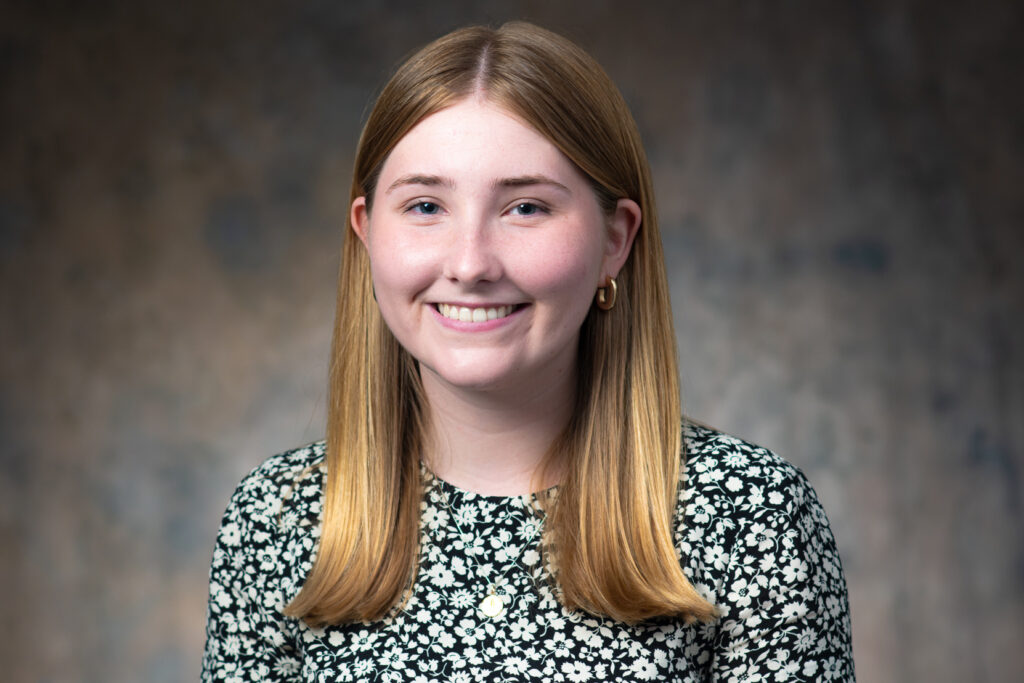
Cleo Pool
Cleo Saliano Pool is the 2024 Record Intern and an incoming senior at American University, studying journalism and graphic design. She recently worked for the Investigative Reporting Workshop, where she developed her passion for nonprofit news. Born and raised in Wilmette, Cleo loves reporting local news and connecting with her community.

